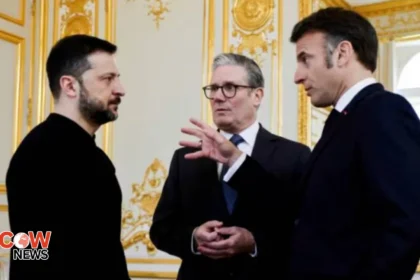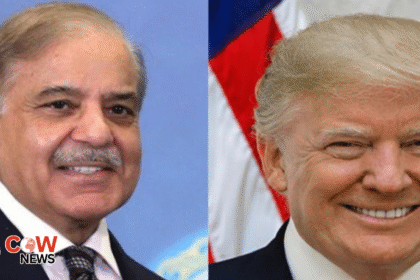Jamshoro – Chairman of the Pakistan Peoples Party (PPP), Bilawal Bhutto Zardari, has stated that climate change is the world’s biggest issue, posing a significant threat to future generations. He pointed to recent floods as an example of the escalating risks posed by climate change.
Addressing the convocation ceremony at Sindh University in Jamshoro, Bilawal emphasized that previous generations failed to grasp the magnitude of climate change challenges. He warned that the melting of glaciers in the Himalayas could lead to future catastrophic floods and other climate-related disasters. He further highlighted that Pakistan is not adequately prepared to address these challenges.
The PPP Chairman called on students to prepare for the climate crisis, urging them to work together from Gilgit-Baltistan to the Indus River’s southern reaches. He also criticized the outdated approach of Pakistan’s Public Sector Development Program (PSDP), accusing the policymakers—mostly in their 60s and 70s—of focusing only on short-term goals rather than planning for the next decade.
Bilawal called for a shift in priorities towards sustainable infrastructure, particularly stressing the need for a climate-conscious approach before considering projects like new canals. He questioned the continued reliance on expensive electricity generation, pointing out that despite claims of ending load-shedding, people in Sindh still face power shortages.
He advocated for the promotion of alternative, eco-friendly energy sources such as wind, solar, and hydroelectric power, urging that the government invest in renewable resources instead of perpetuating reliance on costly electricity.
Bilawal also criticized the lack of action on the constitutional guarantee of a cleaner environment for all citizens. He expressed his commitment to pushing for a “Green Pakistan,” striving to create a sustainable environment for future generations.
Further, Bilawal underscored the importance of the youth’s role in the country’s economic development, urging students to actively participate in the national decision-making process. He highlighted the crucial role of students in the democratic struggle, recalling the pivotal contributions of student unions during the era of his mother, Benazir Bhutto.
In his speech, Bilawal also highlighted the need to fight for digital rights, particularly in the face of censorship. He criticized the government’s lack of understanding of the internet and digital tools, stressing that easy and unrestricted access to the internet is a fundamental right for all citizens.
He called on students to unite in the fight for their digital rights, promising to represent their demands in the national parliament. Bilawal encouraged students to share their thoughts and suggestions through social media platforms, promising to take their issues to Islamabad for legislative action.







